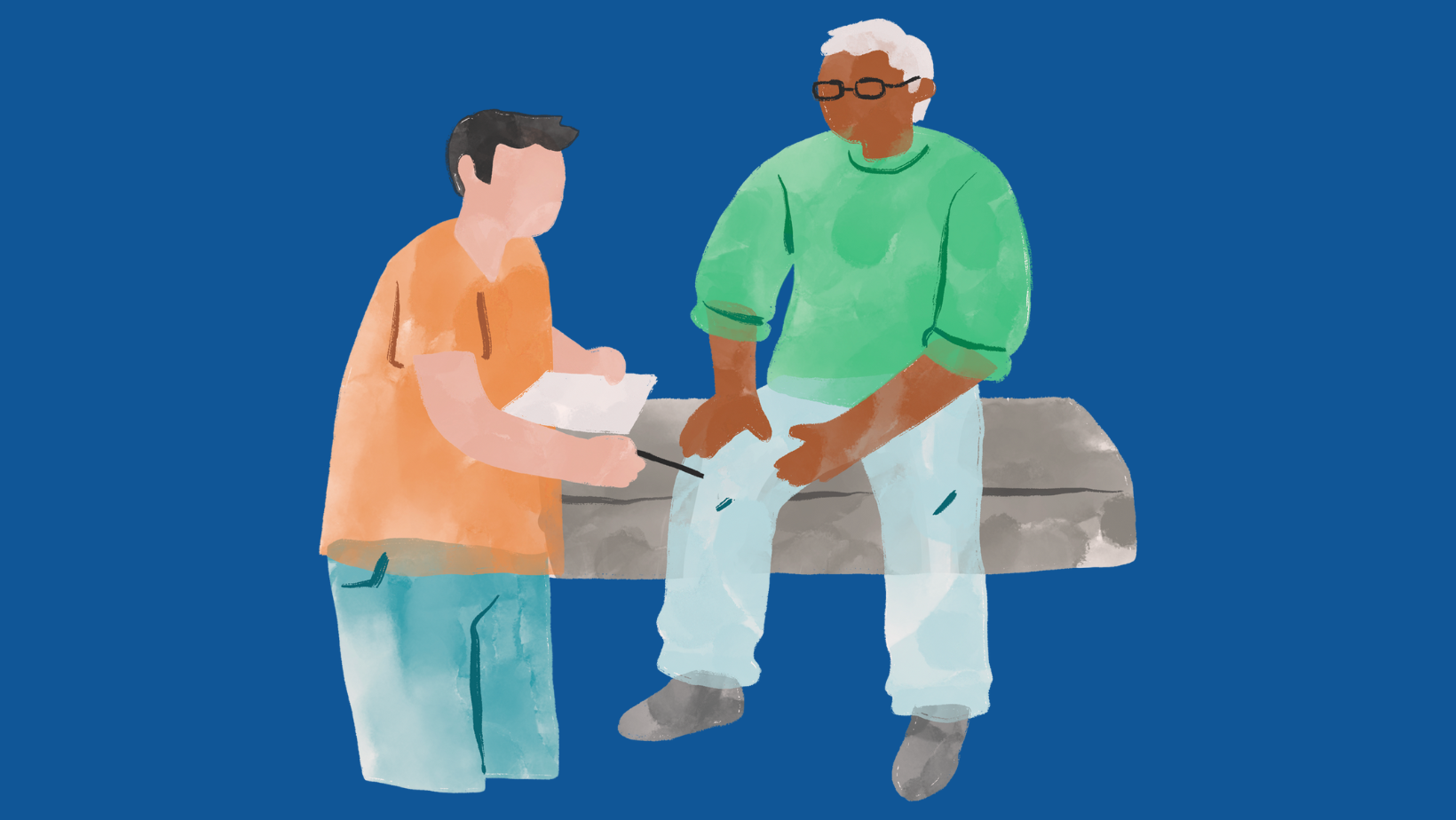
I’m a 75-year-old senior citizen. I’ve experienced a life filled with the joys and sorrows typical of those of us facing life’s unpredictable challenges, sometimes bringing joy and often tragedy. Fortunately, my life’s journey has been one in which the joys have far outweighed the sorrows.
The primary source of my good fortune has been a stable marriage. My marriage of 50 years to a wonderful, loving, self-sacrificing woman who chose to love me for who I am has proven to be the cornerstone of my life. She provided me with four children, without which my life would have never have been so complete. I also had the good fortune to have been engaged in a profession that would complement my natural abilities and prove personally fulfilling. Yet a little over two years ago, my life would change dramatically.
I began experiencing physical, cognitive, and psychological symptoms which left me feeling confused and depressed. I would be diagnosed with Parkinson’s disease.
I was extremely fortunate to find a team of highly skilled doctors who quickly diagnosed me. My treatment would begin immediately following the diagnostic confirmation of my condition. I was placed on a long-standing medication utilized for decades in the treatment of Parkinson’s disease. My reaction to the medication was almost instantaneous, and my symptoms diminished to a manageable level in very short order. I was also provided with a specialized exercise program to complement the medication. Together, they manage to be very effective tools to minimize the intensity of my physical symptoms.
I also suffer from chronic low back pain; the result of years of relatively intense physical activity including running, playing basketball, splitting wood, and gardening. While I have been able to continue physical activity, my reduced energy levels limit my endurance ability. I have needed to change my lifestyle to adapt to these physical changes. This has often proven very frustrating.
I would like to believe that, for the most part, I have confronted these challenges and struggles in a realistic manner. I do not believe that magical solutions are available to resolve life’s problems. I certainly hope that one day medical research will find a cure for Parkinson’s disease for the countless individuals affected who experience psychologically devastating and physically debilitating symptoms. With this being said, I must admit there are many nights when I lay my head on the pillow to go to sleep that the thought crosses my mind that one good night’s rest will somehow result in the elimination of this dreaded disease. These thoughts are not rational or logical. Of course, when I wake up the following morning, Parkinson’s disease is still with me, but I am not so convinced that perhaps these irrational thoughts do serve some purpose. Perhaps the purpose is to keep hope alive; for those suffering from chronic medical conditions, hope can be a magical elixir.
This form of magical thinking is also evident when I run into an old acquaintance who is unaware of my diagnosis. My physical symptoms to date are not severe, and therefore, not obvious to most. At some point in our interaction, I will bring up my condition. When I say the words, ‘I have been diagnosed with Parkinson’s disease,’ it is as if it is the first time I have revealed my illness. While, in terms of adapting my lifestyle to my new circumstances, I like to think I have been successful, I often wonder if I have fully accepted this condition on an emotional level. I hope complete acceptance will come, but, in the meantime, I will continue to experience some degree of magical thinking, perhaps suggesting a level of denial on my part. Acceptance, like much in life, is a process.
Those of us living with serious chronic medical conditions look to medical science for hope and inspiration. Medical research has made incredible contributions to successful treatments for a range of significant, debilitating conditions. However, for those patient groups suffering from chronic medical conditions where new treatments do not appear to be on the horizon, one must find ways to adapt and alter their lifestyle. This might include collaborating with doctors or physical therapists to create a new plan to manage one’s condition; patients cannot ignore chronic pain or disabling physical conditions. While we may never return to being our “previous self,” we can create new lives and revive some level of hope and joy that we may have thought was permanently eliminated from our lives.
–by Stu Smith
About the Author:
Stuart Smith is the co-director for Medical Cannabis Advocacy for U.S. Pain Foundation, along with his wife, Ellen, who lives with two rare conditions. Stu has and continues to be Ellen’s caregiver and together, they raise awareness surrounding invisible pain and the effectiveness of medicinal marijuana for pain patients.
Ellen and Stu live in Rhode Island, and have raised four sons and enjoy their five grandchildren.
Subscribe to our newsletter
U.S. Pain Foundation is a 501 (c)(3) nonprofit organization dedicated to serving those who live with conditions that cause chronic pain, as well as their caregivers and care providers. Learn more.
Our Sponsors
U.S. Pain Foundation relies on the generosity of donations and grants. We are especially thankful to our Corporate Council for sustaining our programs and services year-round. Learn more.
Contact Us
U.S. Pain Foundation, Inc.
15 North Main Street, Unit 100
West Hartford, CT 06107
Telephone: 800.910.2462
Email:
contact@uspainfoundation.org
Tax ID number: 26-2703521
All Content Copyright 2021 | All rights reserved. U.S. Pain Foundation is a qualified 501(c)(3) tax-exempt organization. Disclaimer
